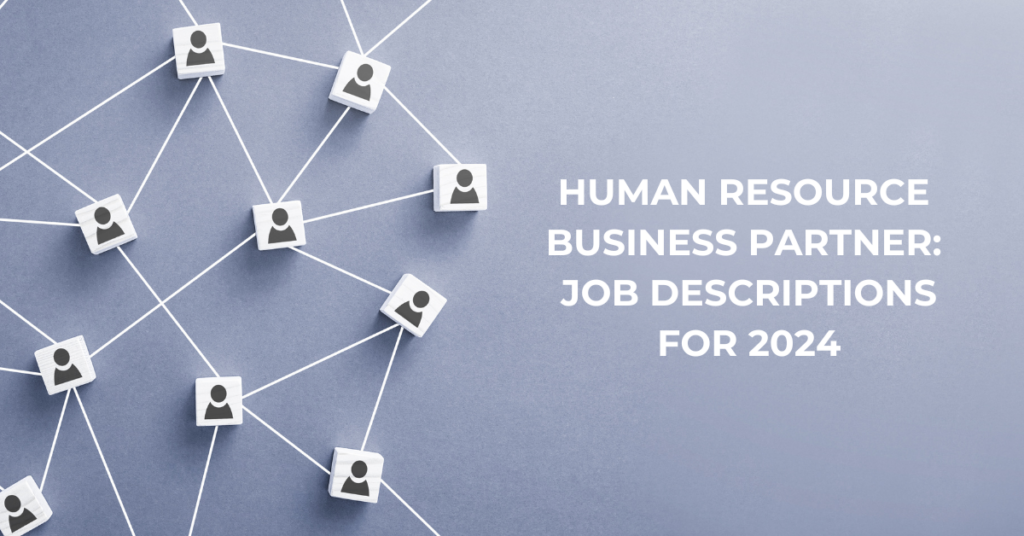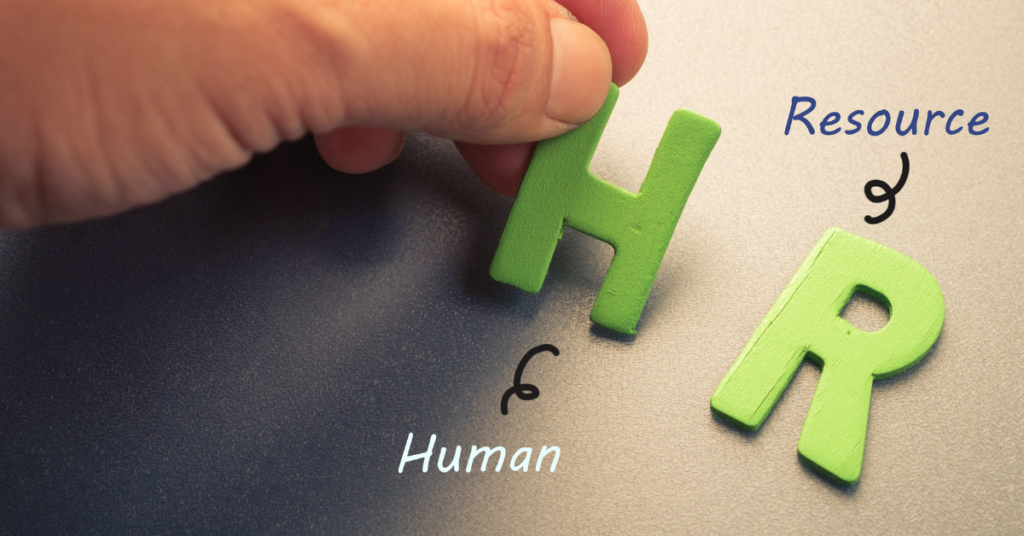How to Write the Best HRBP Job Description in 2024?

Managing and handling employees and their concerns is never easy. This is why the role of the HR department has become increasingly strategic, particularly for HR Business Partners (HRBPs). Partnering with business leaders, HRBPs have always focused on driving employee engagement and performance. However, in today’s dynamic environment—marked by digital disruption, a remote or hybrid workforce, and rapid technological advancements—the HRBP job description is undergoing a significant transformation. So, as companies navigate a world of digital disruption, evolving employee expectations, and a growing emphasis on data-driven decision-making, HRBP roles and responsibilities are expanding to meet these new challenges.
What is HRBP?
We all know what a human resource professional is. Let’s take a moment to understand what is a Human Resources Business Partner (HRBP). They act as strategic liaisons between the HR department and specific organizational business units. Further, they work closely with business leaders to understand their needs and challenges and then develop and implement HR strategies that support those needs. This can involve everything from talent acquisition and development to performance management and employee relations.
ALSO READ: How an HR Consultant Can be Effective in Organizational Change
What is an HRBP Job Description?
Traditionally, the HRBP job profile has focused on core HRBP roles and responsibilities such as recruitment, compensation, and benefits administration. However, the HRBP job description in 2024 is becoming increasingly focused on strategic initiatives such as data-driven decision-making, technology adaptation, etc.
What are the Key Changes in the HRBP Job Description in 2024?

Now that we’ve established what is a human resource business partner, let’s take a look at several key trends that are shaping the evolution of the HRBP role in 2024:
1. Data-Driven Decision-Making
HR is no longer just about following best practices. Today, HRBPs must be comfortable with data analysis and use metrics to inform their decisions. This means interpreting workforce data, identifying trends, and using that information to develop targeted HR strategies.
2. Focus on the Employee Experience
Creating a positive employee experience is critical for attracting and retaining top talent. Therefore, HRBPs are now leading in designing and implementing initiatives that promote employee well-being, engagement, and development.
3. Change Management
The business landscape is constantly changing, and companies need to be able to adapt quickly. As a result, HRBPs are increasingly involved in change management initiatives, helping employees transition to new ways of working and ensuring they have the skills and support they need to succeed.
4. Technology Adoption
Advancements in technology are impacting every aspect of HR. Also, HRBPs need to be familiar with HR tech tools and platforms and understand how they can be used to streamline processes, improve efficiency, and deliver a better employee experience.
ALSO READ: 5 Things That the Human Resource Management Team Does to Drive Growth
What Skills and Competencies are Becoming Increasingly Important for HRBPs in 2024?
Every HRBP job profile needs to highlight these skills to ensure professionals have what is needed in today’s business environment:
1. Business Acumen
A strong understanding of the business and its goals is essential. Moreover, HRBPs need to think strategically and translate business needs into actionable HR initiatives.
2. Data Analysis
In essence, the role HR business partner can play today requires data literacy. They must be able to collect, analyze, and interpret data to identify trends and make data-driven recommendations.
3. Change Management Expertise
HRBPs play an important role in helping organizations navigate change. Furthermore, they need to be able to develop effective change management strategies and communicate effectively with employees throughout the process.
4. Technology Adoption
HRBPs should be familiar with HR technology trends and be comfortable using HR tech tools to improve efficiency and effectiveness.
5. Strong Communication and Interpersonal Skills
The ability to build strong relationships, communicate effectively with all levels of the organization, and navigate complex issues is essential.
6. Continuous Learning
It is important to commit to continuous learning and development. This could involve attending HR conferences and workshops, taking online courses, or pursuing professional certifications.
7. Network With Other HR Professionals
Build relationships with other HR professionals to share best practices and stay up-to-date on the latest trends.
Frequently Asked Questions on HRBP

1. How are Advancements in Technology Impacting the HRBP Role?
HR technology is automating many traditional HR tasks. Furthermore, it frees up HRBPs to focus on more strategic work. However, it is also creating new challenges, such as managing a complex HR tech stack and ensuring data security.
2. How Can HR Professionals Adapt to the Evolving Nature of the HRBP Job Description?
HR professionals can adapt by committing to continuous learning, developing new skills like data analysis and change management, networking with other HR professionals, and staying up-to-date on the latest trends in HR, including DE&I (Diversity, Equity, and Inclusion).
3. What are the Current Trends Driving the Evolution of the HRBP Role?
The HRBP role is becoming increasingly strategic and complex. Here are some points to consider for the future of HRBP:
a. HRBP Specialization
As the HRBP role becomes more complex, we may see a trend toward specialization. For example, some HRBPs may focus on areas like talent acquisition, employee relations, or change management.
b. The Rise of People Analytics
Data will continue to play an increasingly important role in HR. In fact, HRBPs who can leverage people analytics to gain insights into the workforce will be at a significant advantage.
c. The Importance of Agility
The business environment is constantly changing, and HR needs to be able to adapt quickly. Therefore, HRBPs must be agile and flexible in their approach to work.
By staying ahead of the curve and developing the necessary skills, HRBPs can ensure they remain essential partners in driving organizational success.
ALSO READ: The Business HR Model
In conclusion, the HRBP job description is transforming significantly in 2024. The role is becoming more strategic, data-driven, and focused on creating a positive employee experience. Moreover, the greater role HR business partner can play in today’s scenario requires them to adapt to these changes and develop the necessary skills. To further learn more about the role of an HR business partner, explore HR courses from Emeritus and take a leap of faith in the world of HR!
Write to us at content@emeritus.org





